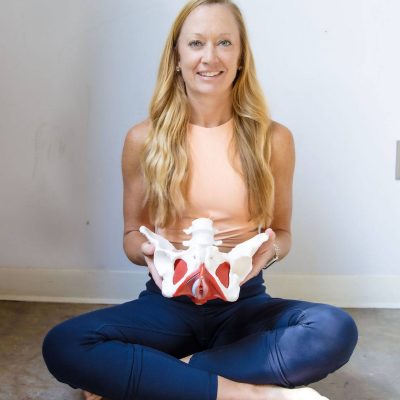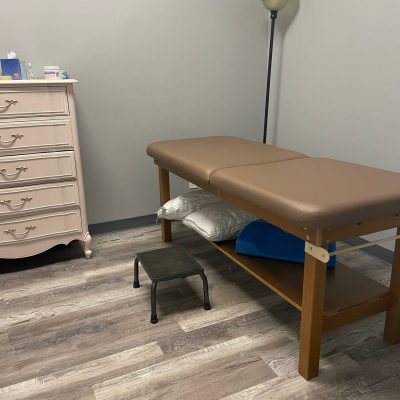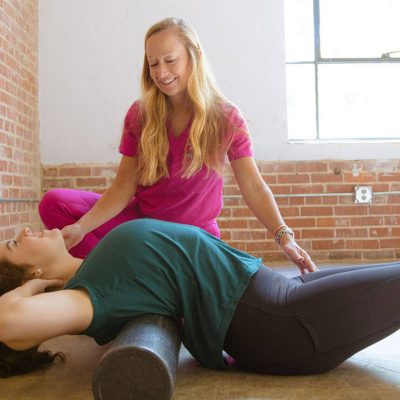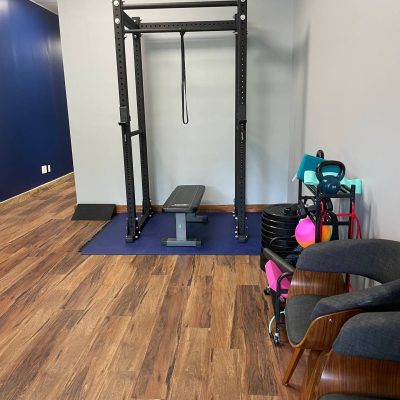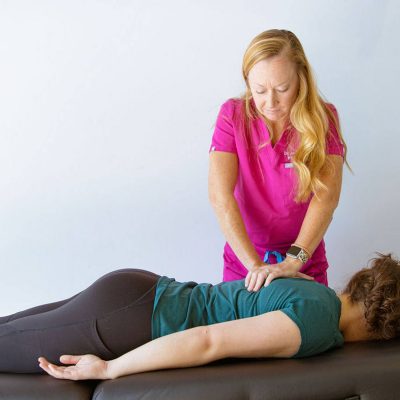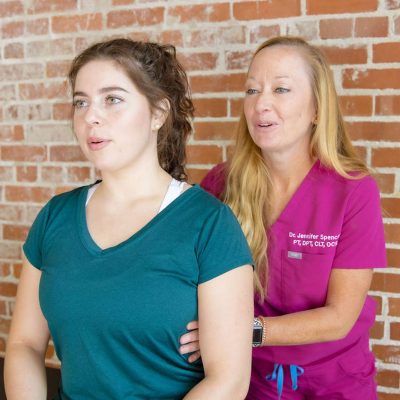As parents and caregivers, we teach our children how to brush their teeth, eat healthy foods, and wash their hands. But there’s one essential topic that often gets left out of regular conversation—bowel and bladder health.
Once children gain the skills to use the bathroom independently, many families stop talking about what happens behind that closed door. But just because kids can go to the bathroom on their own doesn’t mean they always know what’s happening with their bodies—or whether what they’re experiencing is normal.
The truth is, open conversations about bowel and bladder health are a cornerstone of physical and mental wellness for children. When kids feel safe and supported to talk about these topics, they are better equipped to recognize potential problems, advocate for themselves, and build a foundation for lifelong pelvic health.
The Problem With Staying Silent
Many pelvic floor issues in children—like constipation, urinary urgency, or bedwetting—develop gradually. Children may not understand what’s happening or may assume their symptoms are normal. If they’ve learned that “potty talk” is inappropriate or embarrassing, they may keep their discomfort to themselves for months or even years.
This silence can delay necessary care. A child might endure chronic abdominal pain, accidents, or bathroom anxiety simply because they don’t know how to explain what they’re feeling—or feel like they shouldn’t.
Talking about these issues doesn’t just reduce stigma—it can lead to earlier detection and better outcomes.
What’s “Normal,” Anyway?
Many children aren’t aware of what’s expected when it comes to bathroom habits. For example:
- Bowel movements should generally happen every day or every other day, be soft and easy to pass, and not cause pain.
- Urination should occur roughly 5-8 times per day, without strong urgency, dribbling, or leaking.
- Accidents after potty training (especially with poop) are not something to brush off as laziness or a behavioral issue—they’re a red flag for a deeper issue.
When kids don’t know this, they may not recognize signs of constipation, bladder dysfunction, or pelvic floor issues. And if parents aren’t checking in regularly, these symptoms can worsen before anyone realizes there’s a problem.
The Physical and Mental Health Impact
Pelvic health issues don’t exist in a vacuum. Chronic constipation, urinary incontinence, and encopresis (poop accidents) can lead to:
- Pain and discomfort
- Avoidance of social situations, like sleepovers or school events
- Embarrassment or shame
- Low self-esteem
- Behavioral concerns, like irritability or withdrawal
When children know they can talk to their caregivers about these challenges, they’re more likely to get help early. Physical therapy, dietary changes, and education can make a world of difference in resolving symptoms and restoring confidence.
How to Start the Conversation
You don’t have to be a medical expert to support your child’s pelvic health. You just need to make the topic safe and approachable. Here are some ways to start:
- Normalize the conversation. Talk openly about how often everyone should be peeing and pooping. Use proper terms when possible, and avoid words that suggest these topics are gross or shameful.
- Ask check-in questions regularly. “Did you have a good poop today?” or “Have you been needing to pee a lot lately?” can help you stay informed without making it awkward.
- Validate their experience. If your child shares that something hurts or feels strange, take it seriously. Don’t dismiss their discomfort or chalk it up to drama.
- Educate with kid-friendly language. Explain how the digestive and urinary systems work in a way your child can understand. There are wonderful books and resources that make these lessons fun and engaging.
- Work with professionals. Pediatric pelvic floor physical therapists are specially trained to help kids with bowel and bladder dysfunction. If your child is struggling, you’re not alone—and help is available.
Making Space for Honest Talk
As a pelvic floor physical therapist, I work with many children and families who feel isolated or confused when facing bowel and bladder issues. But once the conversation opens up, it’s amazing to see how quickly things can improve. Kids begin to understand their bodies better. Parents gain tools to support their child’s health. And, most importantly, shame gets replaced with confidence.
So let’s change the narrative. Let’s raise kids who can talk openly about their poop and pee—not because it’s funny, but because it’s a vital part of their health.
Start the conversation today. You might be surprised by what your child has been waiting to tell you.

